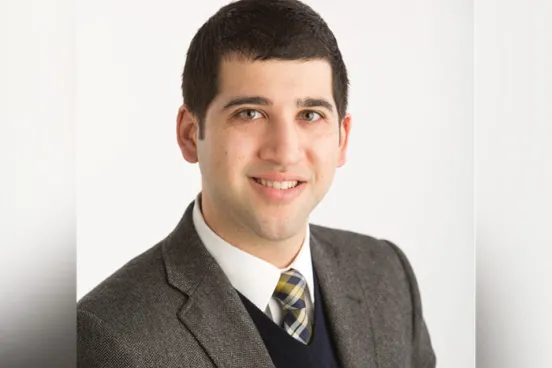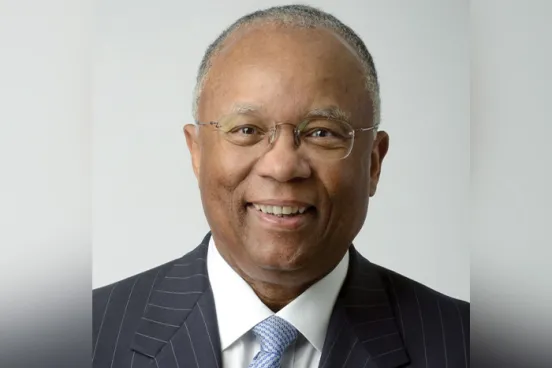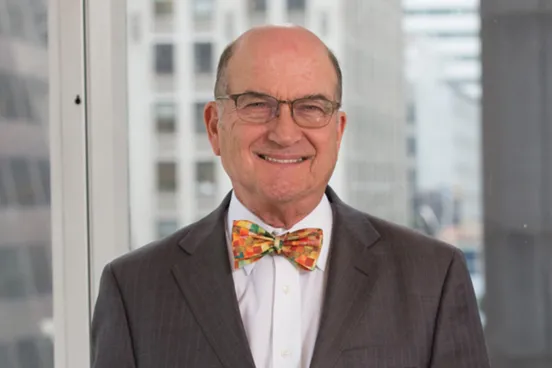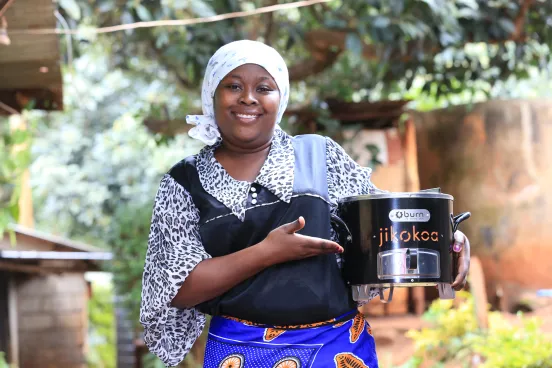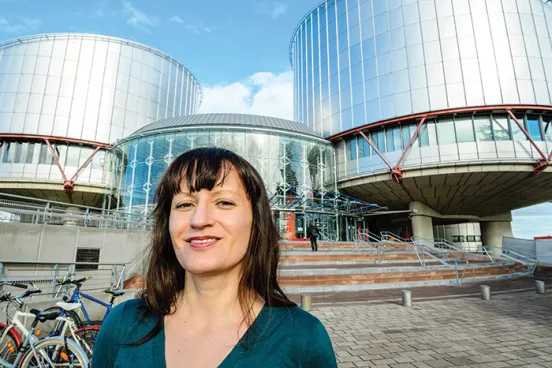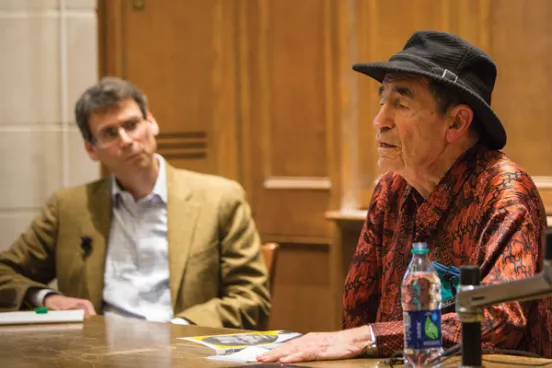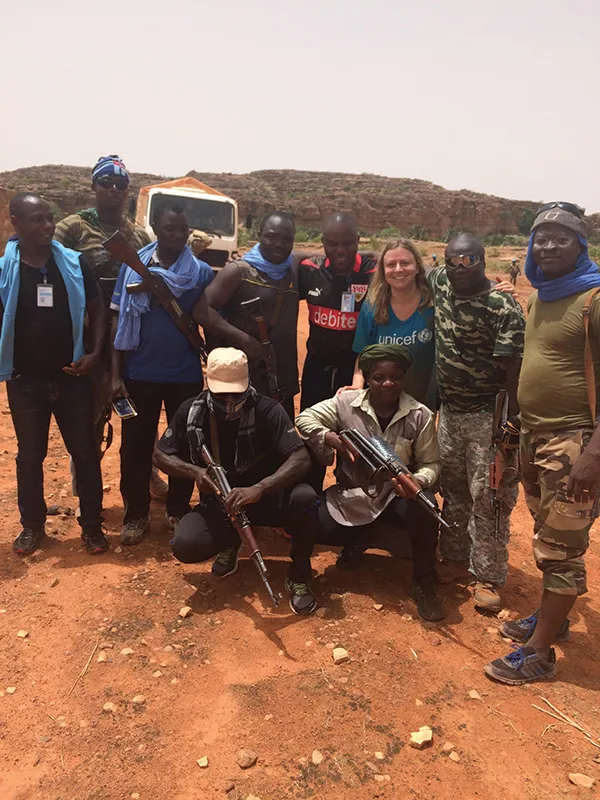
Not far from Sara Gibson’s base in the central region of Mali, Al Qaeda-affiliated extremists enforce their interpretation of Sharia law and commit heinous abuses of human rights.
For many years, the region’s iconic clay mosques and villages—some of which are embedded in the sides of 1,500-foot cliffs—attracted tourists. But the once-thriving tourism industry has withered under the threat of violence.
Gibson, ’13, is undeterred. She serves as a human rights officer in the Human Rights and Protection Division (HRPD) of the United Nations Multidimensional Integrated Stabilization Mission in Mali (MINUSMA).
The mission champions new approaches to peacekeeping, like partnering with the United Nations Educational, Scientific, and Cultural Organization (UNESCO) to protect the region’s cultural heritage. Gibson investigates allegations of human rights violations and abuses, and builds rapport with local stakeholders.
As one example, she educates Malian soldiers about international human rights and humanitarian law.
Gibson’s passion for Francophone literature and international law led her to Mali. Before attending Michigan Law, she was convinced she’d be a literature professor and was enrolled in Yale’s PhD program in French. “I found the postcolonial theory dynamic interesting. There’s an aspect of justice to it,” she says. “I gravitate toward those things.”
Despite her love for the subject matter, Gibson couldn’t ignore the slim job market and lack of opportunities available to humanities professors, and decided that she needed a new direction. “I also started realizing that it wasn’t that I wanted to teach those novels year after year, but rather that Francophone African literature spoke to a human rights theme—and that I wanted to play an active role in addressing such issues.”
After receiving a personal letter from Senior Assistant Dean Sarah Zearfoss, ’92, encouraging her to apply to Michigan Law, Gibson knew the school was right for her.
“I always knew that I wanted to pursue public international law. I never wanted to go to a big law firm,” she says.
As a nontraditional law student at the age of 31, Gibson felt welcomed and included, especially by Michigan Law’s public interest and international law communities.
“Having such incredible classmates and feeling like I wasn’t alone in not wanting to go to a big firm was extremely important.”
As a 3L, Gibson applied for the Washington & Lee/Carter Center Fellowship, an unfunded program that places applicants directly in Liberian government ministries. Michigan Law’s Bates and Bridge Fellowships provided the funding that enabled her to go abroad.
“I can’t emphasize enough how critical the Bates and Bridge Fellowships were to my career,” she says. “They put me in the right place at the right time, and allowed me to have that critical experience to get my foot in the door.”
From the moment she arrived in Liberia, Gibson was expected to advise the minister of justice on human rights issues. She took charge of advising the Liberian government on the reporting process to the Universal Periodic Review, a major human rights review conducted every four years by member states of the Human Rights Council in Geneva.
“Once I got over the initial shock of having to advise a cabinet minister—wondering how on earth I would do this—I realized that my Michigan Law education had prepared me well, in terms of both substantive knowledge and legal writing and analysis.”
After her Fellowships ended, Gibson signed a series of contracts with the United Nations in Liberia, where she helped to draft human rights reports on harmful traditional practices and sexual violence. Those opportunities paved the way, first, to UNICEF Liberia, and then to Mali, where she’s been since March.
Gibson hopes to continue her work with the United Nations, and recently was tapped to head HRPD’s reporting unit in Bamako.
“I like working in conflict-affected zones because they require you to wrestle with ‘big-picture’ problems. For instance, how does a government go about reestablishing the rule of law once a conflict is over?”
She adds that being in Francophone Africa is ideal.
“It has brought my education full circle—allowing me to apply my legal and language skills in the fight against impunity.”


